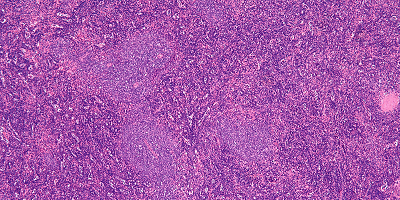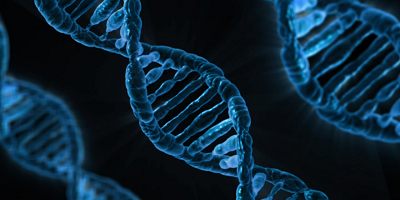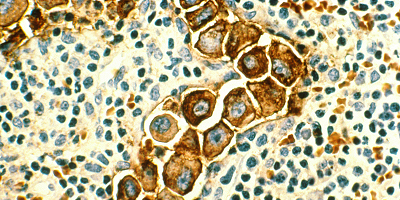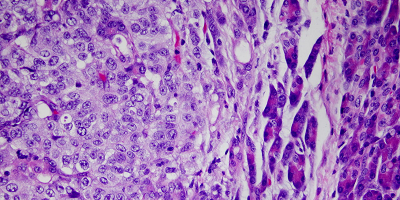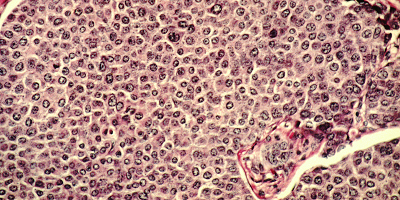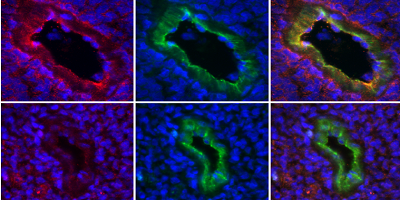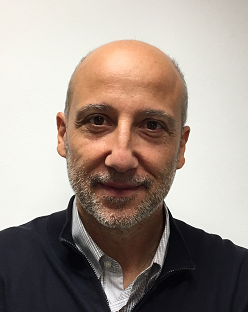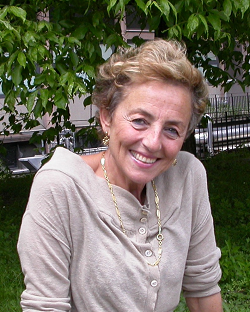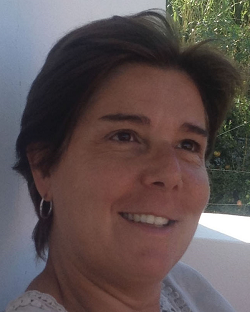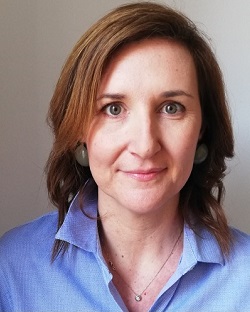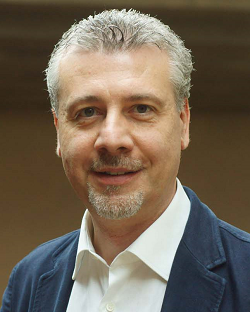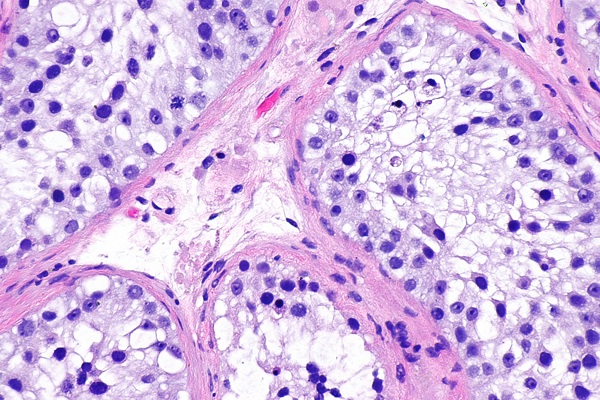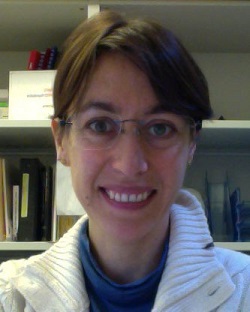
Divisions
Experimental Oncology

Oncology bears a particular potential for translating research findings from the laboratory into clinical applications. Innovative strategies are urgently needed in the areas of diagnosis, patient risk stratification and treatment. The focus of the Division is to develop translational research programmes and clinical research. The tenet of the Division’s plans is that any significant progress toward the cure of cancer can only be based on an improved understanding of its pathogenesis, which, in turn, will lead to the development of improved diagnostics and more rationale therapeutic interventions.
Organization
The division is organized into several basic and translational research units with a total number of over 80 scientists, including clinician-scientists. It comprises the Urological Research Institute (URI).
Extensive collaborations and joint activities will accelerate the implementation of translational research through access to a large number of patients and samples and combined resource platforms.
Research
Three major areas of investigation have been identified:
- Cancer Genetics;
- Cancer Microenvironment;
- Cancer Immunology and Immunotherapy.
Clinical collaborations
The division is joining efforts with the Clinical Departments of Onco-hematology and Oncology to create a virtual cancer center with a network organization, multidisciplinary teams and defined programs for different tumors and takes advantage of the collaborative use of resources, platforms and infrastructures with other Research Divisions and facilities.
The Division of Experimental Oncology daily collaborates with the following research groups, affiliated with the clinical departments of the hospital:
Rosa Bernardi
Group leader, Preclinical models of cancer Unit
Andrea Brendolan
Group leader, Lymphoid organ development and function Unit
Angelo Corti
Group leader, Tumor biology and vascular targeting Unit
Elisabetta Ferrero
Research associate, Tumor microenvironment
Paolo Ghia
Group leader, B-cell neoplasia Unit and Chronic lymphocytic leukemia Unit
Marta Muzio
Group leader, Cell signaling Unit
Cristina Scielzo
Group leader, Malignant B cells Biology and 3D modelling Unit
Vincenzo Russo
Group leader, Immuno-biotherapy of melanoma and solid tumors Unit
Giovanni Tonon
Group leader, Functional genomics of cancer Unit
Post-Doctoral Research Fellow in Tumor Microenvironment at the Lymphoid Organ Development Unit, led by Dr. Andrea Brendolan
Post-Doctoral Research Fellow at Immuno-biotherapy of Melanoma and Solid Tumors Unit, led by Dr. Vincenzo Russo at the Division of Experimental Oncology.
Postdoc position open at Laboratory of Malignant B cells biology and 3D modelling, headed by Cristina Scielzo


